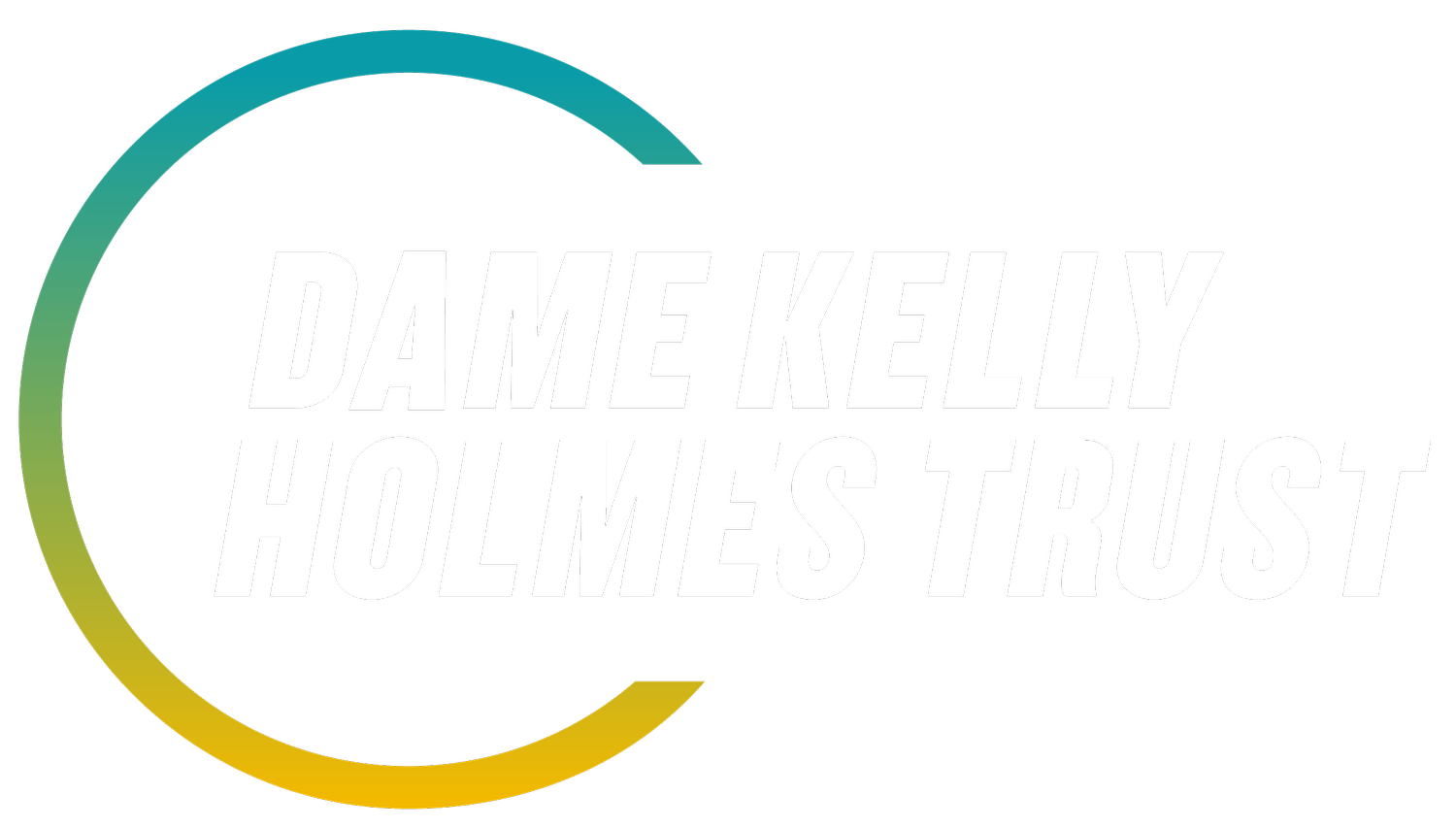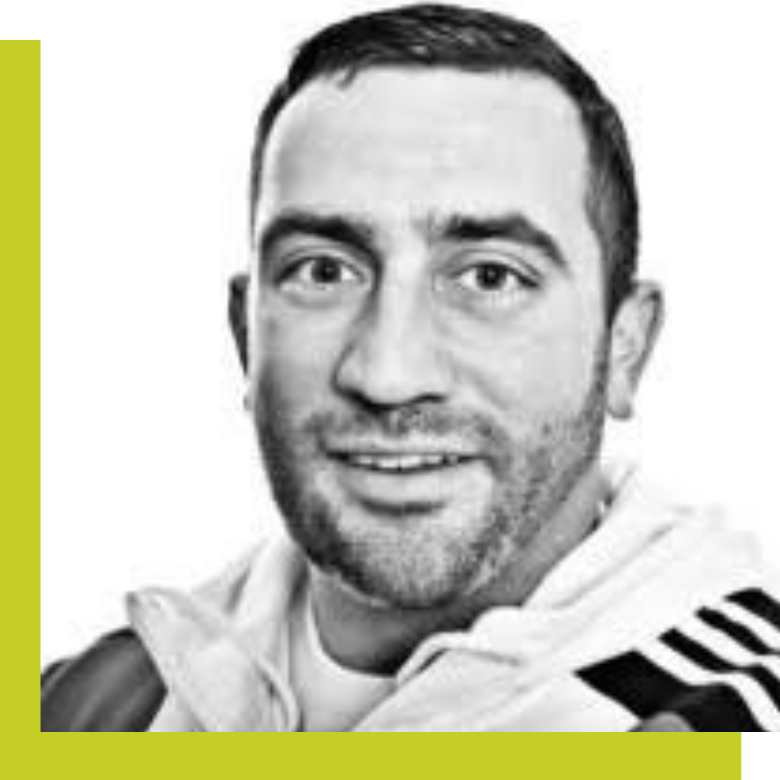dave’s
Story
David Coleman was part of Team GB Bobsleigh at the Sochi 2014 Winter Olympics. Before the bobsleigh events for the 2022 Games take place, we spoke to David about his life as an elite athlete and how the skills and attributes he learned during his elite career are helping to support the next generation in his role as an athlete mentor at Dame Kelly Holmes Trust.
Dream Big:
In 2014 I was part of a team of 56 athletes that represented the whole of Great Britain and Northern Ireland at the Winter Olympics - effectively 1:1,100,000 people! Being part of Team GB allowed me to fulfil my childhood dream and do my country proud at the highest level of sporting competition. That dream took me 22 years to achieve.
Growing as an individual and learning from others:
To compete at the highest level, you need to be able to work hard, have tenacity, and be open minded to learn and understand. Being part of the team at the Olympics was incredible, but I wouldn’t say that it ‘changed me’ as a person. Any situation or event that we experience in life allows us to grow and develop as individuals. I learnt a lot from a whole range of athletes, team managers and coaches and I now have a better understanding of circumstances and am privileged to pass on these skills to the young people I work with as an athlete mentor.
Don’t be afraid to ask for help:
Life will throw things at you and six months prior to the Olympics I was diagnosed with Ulcerative colitis which made training very difficult. Diet, fatigue and recovery all became more significant factors which I had to learn to adjust. I was thrown a curve ball and had to respond quickly and stay calm in the situation. I learned that it’s okay to ask for help and with the help of some amazing people I took control and achieved my dream.
My favourite memory as an athlete mentor is working on a Get on Track programme and seeing multiple young people take on apprenticeships and others gaining employment when at the beginning of the sessions, they thought it was impossible to do either of those things.
Transferable Skills:
People often ask what young people can learn from elite athletes. I always say that the skills I gained and the experiences I went through are transferable. The pressures and challenges we face are all the same, only the significance that we place on them is what changes.
Budgeting - at one point in my sporting career I shared a room with my mate to split bills and keep costs down and was living off my saving for six months.
Looking after yourself - Mental health and personal wellbeing became a significant factor, it’s important to look after yourself.
Coping with the unexpected - In sport you are always dealing with unexpected situations and handling things like moving away from home and away from family and friends.
Mindset - Competing at the Olympics, the mindset is that it is just another race. If you change the outlook, then you start doing things differently.
Self-confidence – Do what you do best and believe in yourself!
Empowering others to be the best version of themselves:
The opportunity to give back and share my knowledge and experiences and empower the next generation was what inspired me to become an athlete mentor. It’s amazing to have the opportunity to support others to be the best that they can be and being part of the journey to helping others achieve their dreams. My favourite memory as an athlete mentor is working on a Get on Track programme and seeing multiple young people take on apprenticeships and others gaining employment when at the beginning of the sessions, they thought it was impossible to do either of those things.
You can hear more from David on his podcast, Live to Inspire


